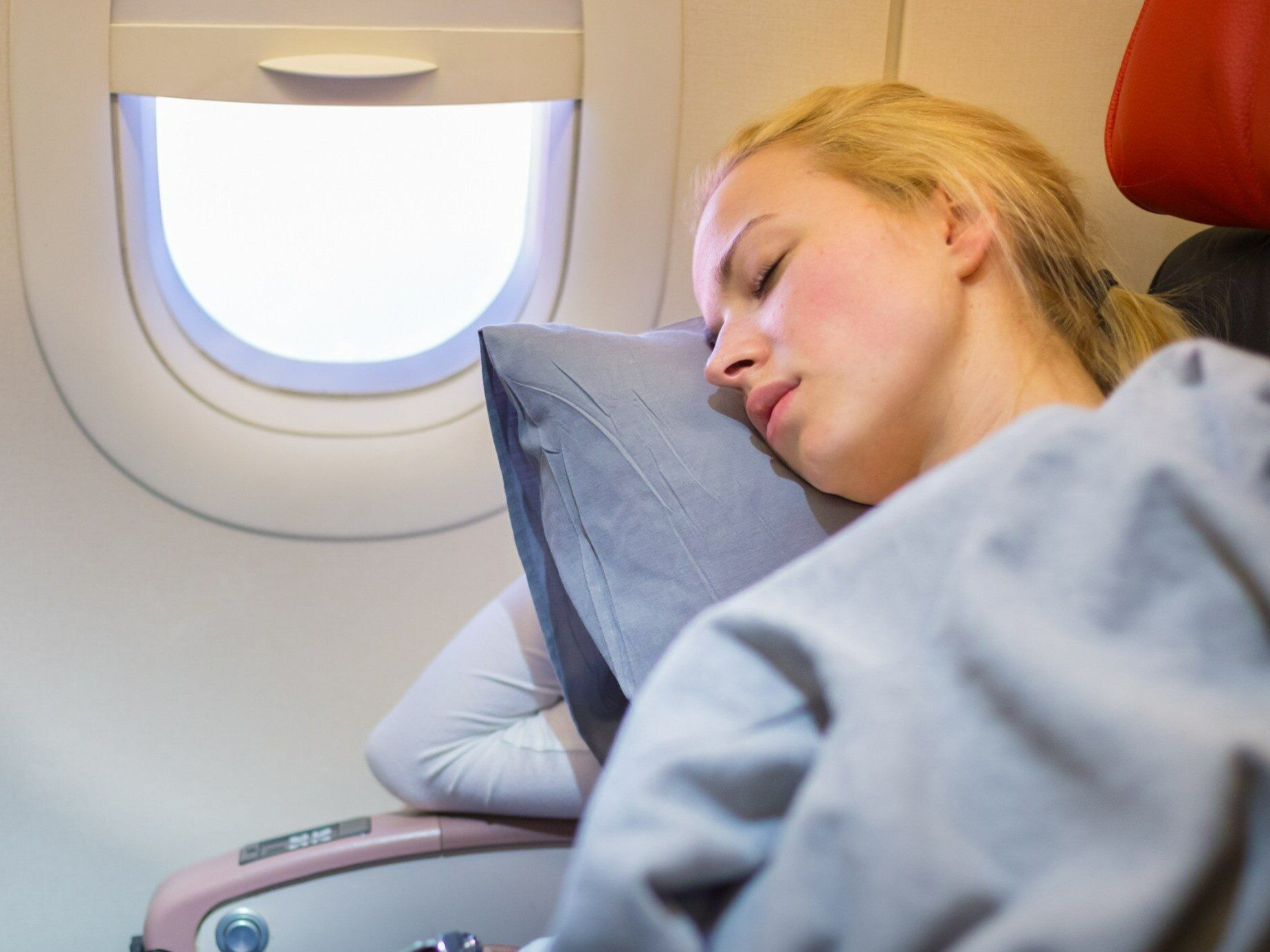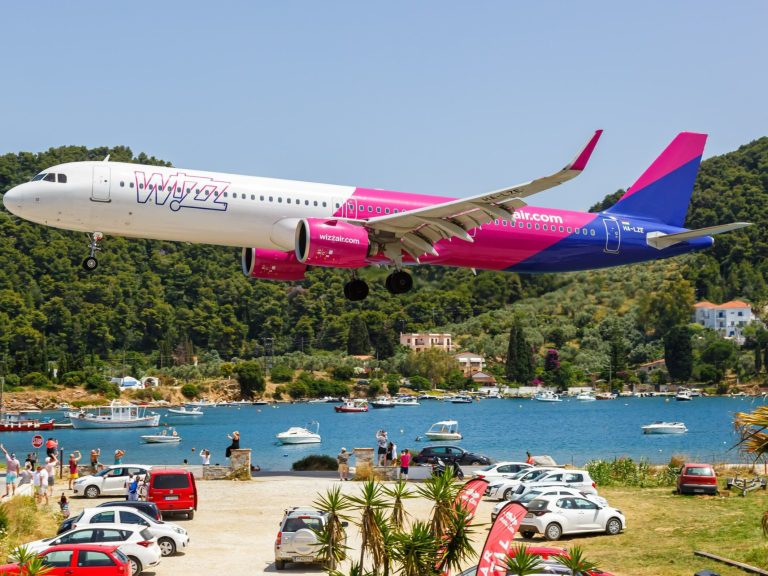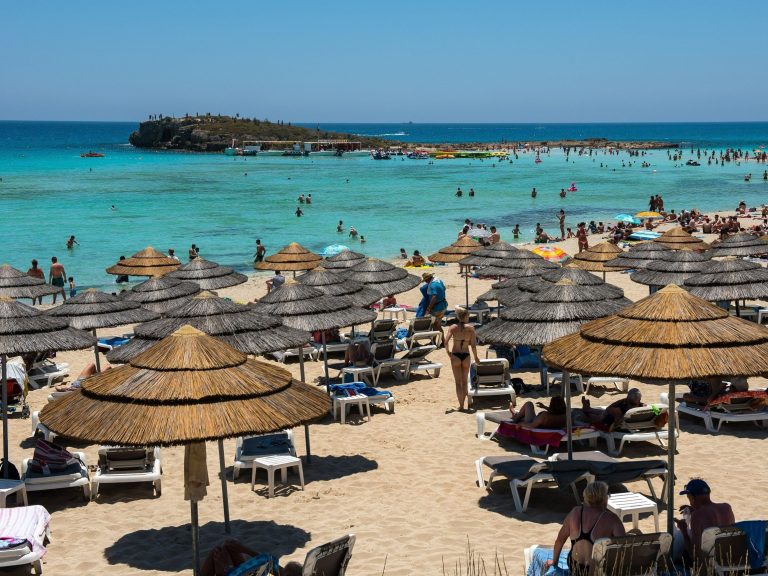Why you shouldn’t sleep when a plane takes off and lands? Expert warns

Some flights are scheduled for very early hours, while other flights depart at night. Many people sleep during them. However, they should make sure not to fall asleep before take-off and wake up before landing. See why it’s so important.
Certainly some of you have flown on a plane that took off from the airport, e.g. 6:00. This means waking up very early, because you have to arrive at the terminal several hours earlier. In such a situation, taking a seat on board often involves the desire to take a nap as quickly as possible. Why is it so important to wait until the plane reaches cruising altitude and refrain from sleep before taking off?
You should not sleep during takeoff and landing
Sleeping isn’t always a completely harmless activity during a flight. If you have to rush to the airport at 6 a.m. to catch an early morning flight, sometimes just laying your head against the back of your seat is enough to fall asleep. However, it is important not to do this right away.
According to MedlinePlus, a health information website, napping during takeoff and landing is not the best for your health. It can cause a number of health problems, including permanent hearing damage.
This is because the air pressure in an airplane changes rapidly during takeoff and landing. As British pharmacist Angela Chalmers explains: “A sudden change in altitude affects the air pressure in the ear. This creates a negative pressure in the Eustachian tubes, which causes the ears to become blocked and the sound to be dulled.”
At this stage of the flight, it is very important to work on relaxing, opening and cleaning the Eustachian tubes. If you are sleeping, there is nothing you can do to reduce or equalize the air pressure in your ears. Your ears remain blocked and you could potentially face health problems such as dizziness, ear infections, eardrum damage, and in the worst case scenario, nosebleeds and hearing loss.
How to deal with changes in air pressure on an airplane?
Specialists recommend that during a flight, when you feel a change in pressure, you should yawn or drink, for example, water. Chewing gum or sucking hard candy may also help – they will help produce saliva, which will work in the same way as water. You can also try blowing your nose while pinching it to reduce the build-up of pressure.






